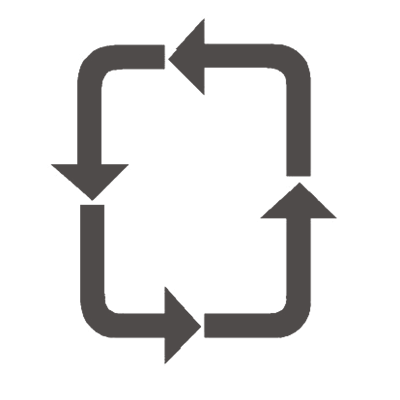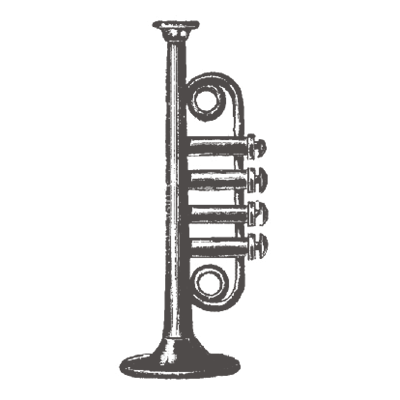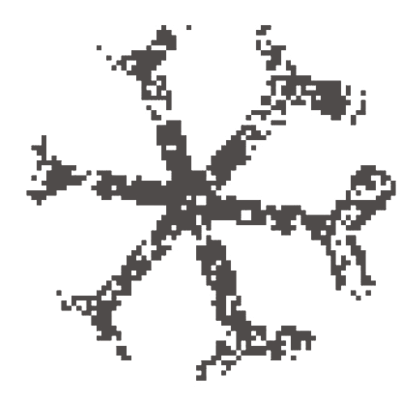New draft KNF recommendations on insurance distribution: What will they mean for foreign insurers?
The Polish Financial Supervision Authority (KNF) has published its draft Recommendations for Insurance Undertakings on Insurance Distribution. The recommendations are to be issued under Art. 365(1)(2)(a)–(c) of the Insurance and Reinsurance Act of 11 September 2015 and are designed to ensure legal compliance by insurers, to combat infringement of the interests of policyholders, insureds and beneficiaries, and to mitigate risks in the insurers’ operations.

Proposal to amend the Commercial Companies Code—new “holding law”
On 3 December 2025 the Civil Law Codification Commission at the Polish Ministry of Justice adopted a proposal to amend the Commercial Companies Code by throwing out all of the existing rules on “corporate groups” introduced by the act of 9 February 2022 and replacing them with a new framework of rules in this area.

Glass bottles (also) outside the deposit-refund scheme
The deposit-refund scheme formally launched in Poland on 1 October 2025, but after just a couple of months lawmakers recognised that the system needed changes. The amendment of 9 January 2026 enables the further functioning of existing systems for collection of reusable glass bottles.

New Delhi is closer to Warsaw: How will Polish companies benefit from the EU’s strategic alliance with India?
For years the EU and India sought to work out a comprehensive trade agreement. The first round of negotiations was launched in 2007, but talks broke off in 2013 when the parties failed to agree on key regulatory areas, particularly involving the automotive sector. After an impasse of nearly a decade, negotiations on a free-trade agreement were resumed in 2022 and completed on 27 January 2026 in New Delhi.

Court of Justice: Bank can demand setoff even if it regards the contract as valid
On 22 January 2026 the Court of Justice of the European Union issued another in a series of rulings resolving doubts arising out of litigation over Swiss-franc-denominated mortgage loans to Polish borrowers. In C-902/24, Herchoski, the Court of Justice considered a request for a preliminary ruling submitted by the 28th Civil Division of the Warsaw Regional Court.

Ministry of Health communiqué on “aesthetic-corrective medicine”: A groundbreaking interpretation, or the start of a dispute over the boundaries of competence?
On 30 January 2026 the Polish Ministry of Health published a lengthy communiqué on performance of aesthetic-corrective medical procedures. Regardless of how the ministry’s position is assessed, it does bring some clarity to the debate over who can perform certain cosmetic treatments and under what conditions. In practice, the communiqué also signals the government’s regulatory policy. The ministry indicates how the regulations should be interpreted and what standard of patient safety can be expected.

Protecting Polish agriculture: Sales of real estate from the State Treasury Agricultural Property Stock halted for another 10 years
Extension of this period is intended to combat speculative purchases of land by Polish and foreign entities, guarantee that productive plots are used for agricultural purposes, and protect family farms from going into debt to purchase land.

Can a jingle be a trademark?
A melody lasts two seconds and contains four tones. Is that enough to register it as a trademark? The EU’s General Court recently took another look at the distinctiveness of sound trademarks.

International exchange of tax information: Does it have a real impact on inspectors’ findings?
In cross-border tax cases—particularly involving withholding tax—the evidence often includes information obtained from foreign tax authorities. Such information is intended to help paint an objective picture of the facts. But is it really used that way?

The EU-Mercosur trade agreement and access to the public procurement market
Relations between the European Union and the Mercosur bloc of South American countries (Argentina, Brazil, Paraguay and Uruguay) are entering a new phase. On Friday, 9 January 2026, despite opposition by members including Poland and France, the EU member states approved a trade agreement with Mercosur which had been negotiated for many years. It is to be signed this coming Saturday, 17 January.

The Foreign Subsidies Regulation in practice: As the Commission investigates Nuctech ex officio, who’s next?
Until recently, the FSR was regarded by many businesses as a “niche” regulation, mainly relevant only in the largest concentrations and high-value public procurements. But the ex officio investigation launched against Nuctech shows that this perception was erroneous.

Good times, thoughts and events
We wish a joyful and restful holiday to our authors and readers. We will return in the New Year.
